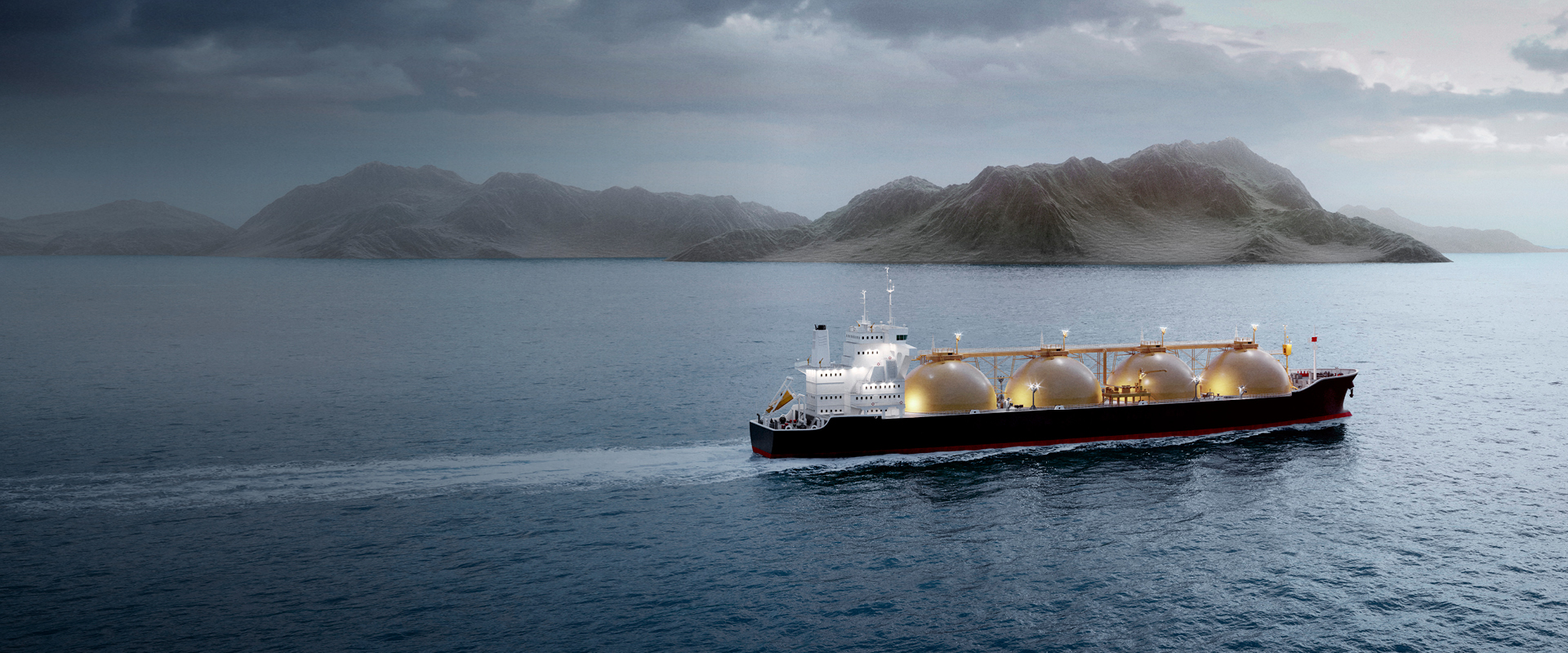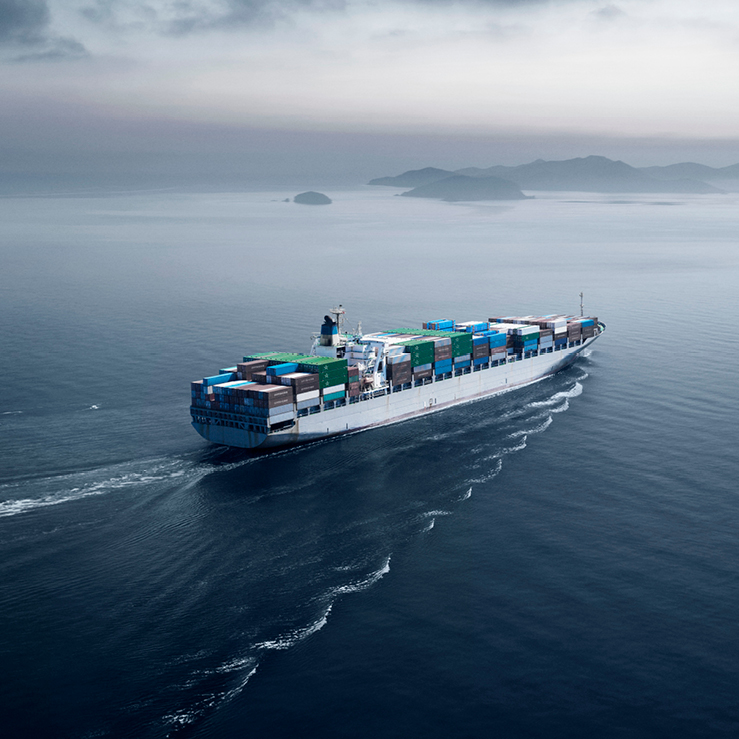Accelerating the decarbonisation of the maritime industry
The maritime industry is the third largest source of global transportation emissions while carrying 90% of the world’s trade. The International Maritime Organization (IMO) has set a target to reduce CO2 emissions by 40% across the global shipping fleet by 2030, as well as reduce total greenhouse gas emissions by 50% in 2050. As demands from customers and political regulators are growing rapidly, shipping companies are under extreme pressure to reduce their environmental impact while ensuring safe and cost-efficient operations.
At Dan-Bunkering, we’re constantly following the most recent developments to help you test and validate new fuel solutions.





